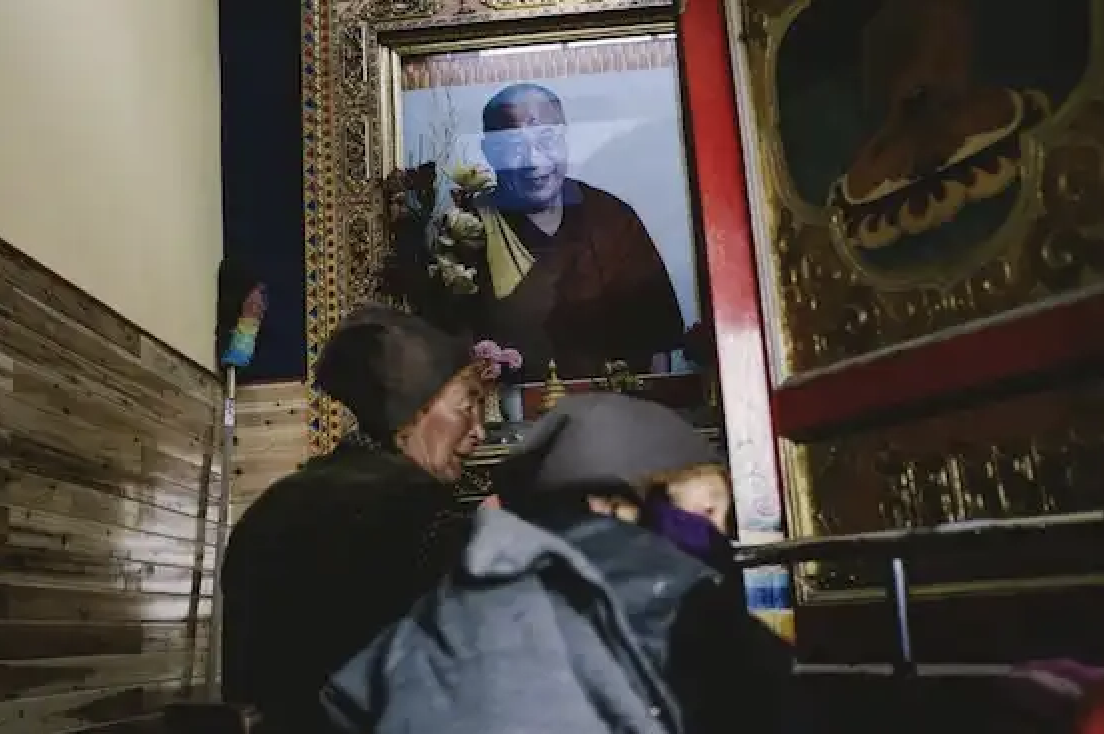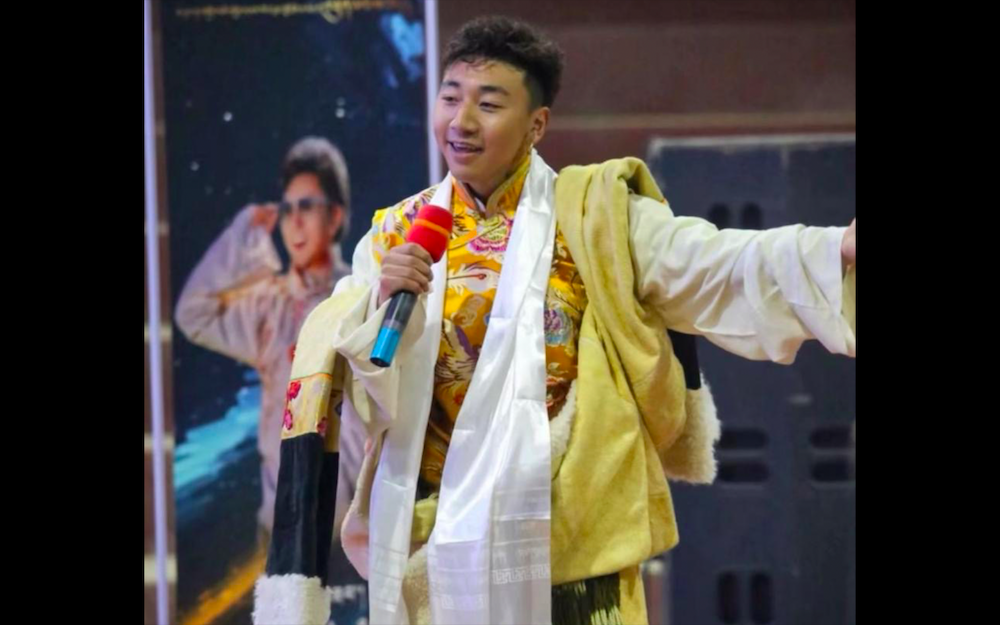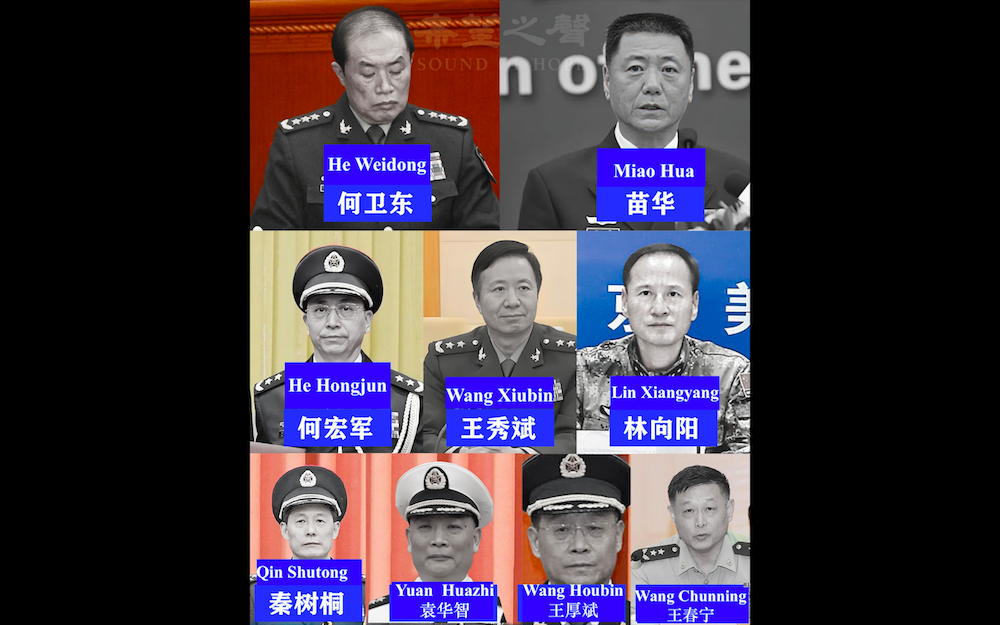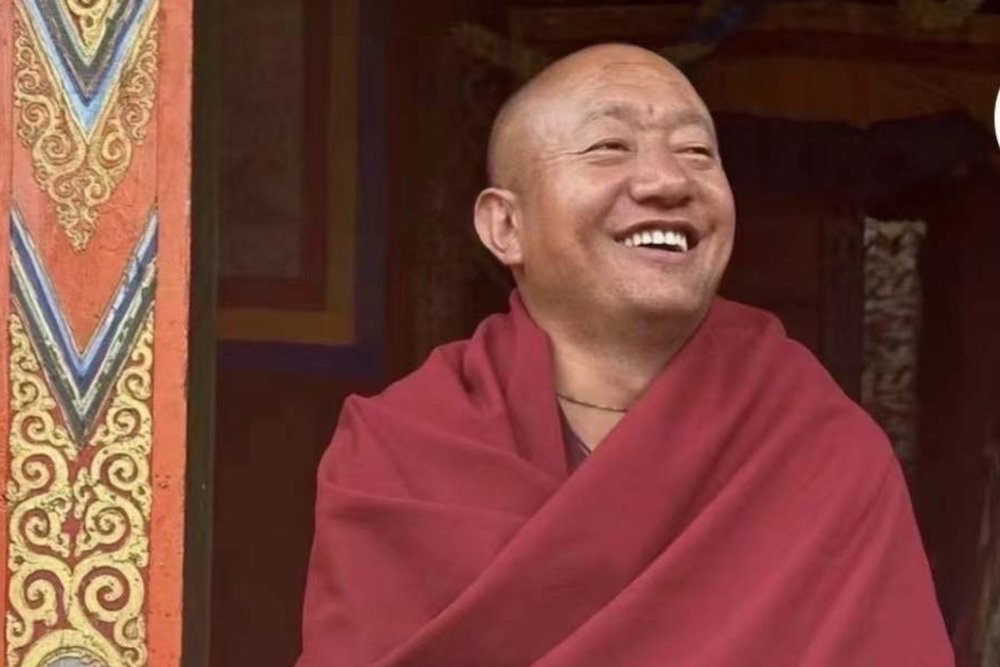An assuring number of 110 young aspiring students from as much as 19 regions and cities of India, hailing from 50 different colleges and schools registered for the Tibetan Youth Leadership Training at the Dickyi Larsoe Settlement, Bylakuppe, South India. Honorable Khensur Jampa Thakchok of Sera Je Monastery presided as the Chief-Guest of the opening ceremony, attended by the Settlement Officers and the local heads of the Governmental as well as non-governmental organisations. With the lighting of the Inaugural butter lamp by the Chief-Guest in front of the portrait of H.H. The Dalai Lama, the Dickyi Larsoe community hall reverberated with the proud rendition of the Tibetan National Anthem.
Mr. Kalsang Phuntsok Godrukpa, President of the Tibetan Youth Congress in his introductory speech stated that the purpose of the workshop fell in accordance with the wishes of H.H. The Dalai Lama to provide all round moral as well as academic education to the Tibetan youth. While accentuating on the importance and recurrent need of ‘well educated youth’ with moral attributes in our society, who could in the future provide efficient leadership to the Tibetan people, he emphatically expressed his belief that the five day long intensive training would serve the purpose positively.
Present at the workshop as resource persons, Mr. Karma Chophel, former Chairman of the ATPD and present Member of Parliament and Mr. Sonam Norbu Dagpo, Additional Secretary of the Department Of Information and International Relations, CTA, also spoke on the occasion. With resource persons such as Mr. Ravi Nair of the South Asia Human Rights Documentation Centre, Mr. Vijay Kranti, renowned journalist and Mr. Tenpa Tsering, former Kalon, the workshop promises to be an immensely educative experience and surely has lots to look forward to.
The actual workshop began with Mr. Karma Choephel taking the first two sessions on Tibetan democracy under the sub topics – i) Evaluation of Tibetan Democracy in the context of historical as well as the present situation of the Tibetan democracy in exile, ii) an Introduction to the structure and functioning of Tibetan democracy in exile with special reference to co-ordination among the Legislature, Executive and Judiciary and iii) an Introduction to the structure and functioning of Assembly of Tibetan Peoples’ deputies and deliberation on the concept Upper House and Lower House of Assembly with special reference to the lower house consisting of Tibetan People’s deputies being elected on the basis of population in a particular area. A session which took the participants through the foremost Greek and Sanskrit version of democracy to the Buddhist co-relation of the concept of working for the well being of the people in democracy to the present day Tibetan democracy in exile. In his deliberation he highlighted that the full credit and gratitude for the initial introduction and continued development of modern democracy in Tibetan polity and society goes to H.H.The Dalai Lama, rendering Him as the father and mother of Tibetan Democracy. Speaking in his usual candid manner he elucidated on the intricacies and the uniqueness of Tibetan democracy and the importance of the three pillars in a democracy with special reference to the Tibetan set-up.
The third session was a unique concept of a panel discussion on Tibetan democracy co-ordinated by Mr. Kalsang Phuntsok with the panel comprising of Mr. Phurbu Dorjee, Southern Justice Commissioner, Mr. Lobsang Dorjee, former President of RTYC, Bylakuppe, Mr. Sonam Norbu Dagpo and Mr. Karma Choephel. What followed was a healthy debate and exchange of ideas and views amongst the speakers, which greatly benefited the participants. The speakers frankly shared their views on the questions put forward by the co-ordinator and the participants.
The fourth session saw the participants being divided into 6 groups for the purpose of discussing the topics and expressing their own views on the deliberations made by the speakers. TYC regards interaction amongst the participants as a prominent feature of the workshop and strives to offer an appropriate platform for leadership exercise.
The first day of the training marked the organization’s humble attempt to educate the younger generation and ascertain them about the intricate functioning of democracy in general and Tibetan democracy in particular so that they can proficiently exercise their democratic responsibilities by not only taking part in decision making but also spearheading much needed changes to redefine Tibetan democracy in exile.
TYC Centrex, Bylakuppe









